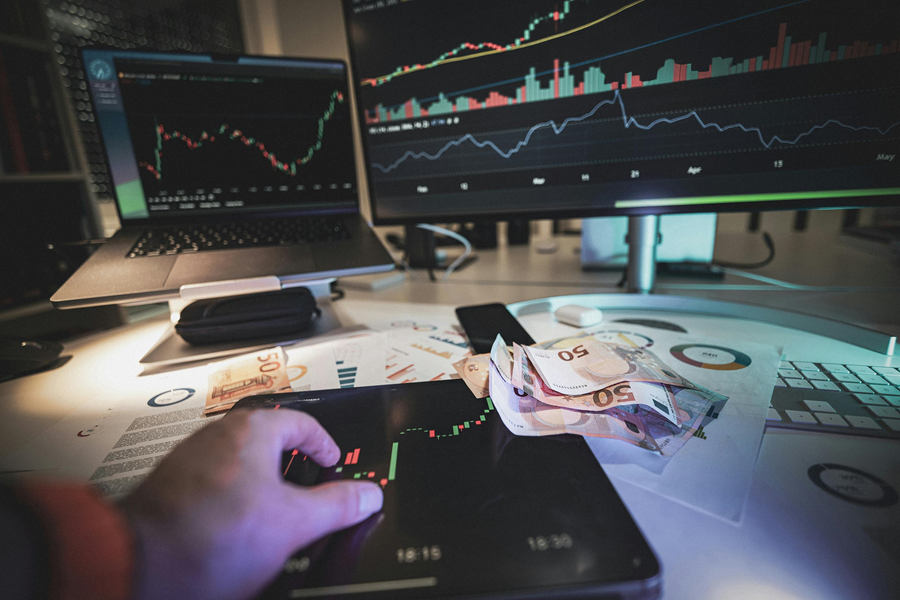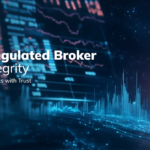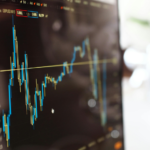Forex trading is an equal opportunity vertical. There are no exams, no prerequisites, no prior experience needed to start trading. All you have to possess is the willingness to learn, the passion, and the drive to absorb as much forex knowledge as possible.
While the gates are open to anyone who wishes to join, prospective forex traders have to make crucial decisions in the early days of their trading journey. Choosing the right broker is one of those decisions.
Today, we’ll go through five crucial factors novice traders need to consider before choosing their broker.

Deposits & Withdrawals
This might sound a bit pedestrian but trust us when we say that deposits and withdrawals are an area of consideration when choosing the right broker. Why? Because funneling money into your account and withdrawing it fast, quick, and easy is an essential part of the forex trading process.
Be very wary of rules and stipulations regarding delayed withdrawals. Good, reputable brokers have no reason to keep your money more than you want them to. The only reason funds exist in your account is to facilitate your trading, and to withdraw them should not be a big deal.
Ensure you clarify the deposits and withdrawals execution times and whether there are any fees associated with withdrawals.
Funds & Data Security
This might be the second point on our list, but it should be the first point of order in your checklist. Before even thinking of getting into business with a broker, make sure they are a member of the appropriate regulatory bodies, follow industry standards, and have security safeguards in all the right places.
When it comes to data, there is a lot to consider as well. When opening a new forex trading account, you share many personal and financial information such as copies of a passport or a government-issued ID, a bank account number, and possibly a utility bill.
Consequently, a broker’s Internet security measures become of great interest to a prospective trader. You should be looking for high-level encryption, such as SSL, and additional security layers such as two-factor authentication.
Transaction Costs
Transactions costs are part of the forex trading equation, and no matter which broker you choose to go with, you will have to incur them. Every time you enter a trade, you will have to sustain the spread or a commission.
What does that mean? Prepare your spreadsheet, and start comparing and contrasting the rates different brokers charge. While nobody wants to pay more for a service they could have received for less, transaction costs should not be the sole factor affecting your decision. Choosing your broker should be an evaluation of the overall package they have to offer. To put it simply, it might be worth it to pay a little more on transaction costs to get a better quality of customer service, modern technology, and more diversity of assets.
Customer Service
Customer service comes in as a close second to security when choosing the right forex broker. Why? Because you will undoubtedly need the help and support of experts to make your first trading steps. This has nothing to do with difficulty but more to do with adjusting to a new industry, familiarizing yourself with new terms, and settling in.
Whether you are wondering how to navigate the trading platform or questions regarding withdrawals or leverage, customer service should be there to provide you with a solution. What you should be looking for in a broker is a customer service team that is attentive, fast to respond, and can give you actionable answers to your problem.
The forex industry is innately time-sensitive, and if a broker is unable to service you on time, you should think twice before engaging with them.
Educational Resources
Imagine you want to get into Formula 1 racing, and your team provides you with the fastest car on the market but gives you no guidance, tips, or knowledge on how to use it. What’s the point, right? The same goes for forex trading!
Even if a forex broker has the lowest transaction costs, the latest tech, and the industry’s highest security levels, it won’t do you any good if they don’t help you learn how to trade. When choosing your broker, pay particular attention to the Learning Center, their Training Academy, and all the resources they provide young traders with.
How often do they update their blog? Is their content interactive? Are there different formats of content – whitepapers, blogs, webinars, videos, Q&As? You want to get involved with a willing and knowledgeable broker, capable of helping you improve as a trader.
Does Your Broker Tick Those Boxes? If so, good luck in your forex and CFD trading journey.










